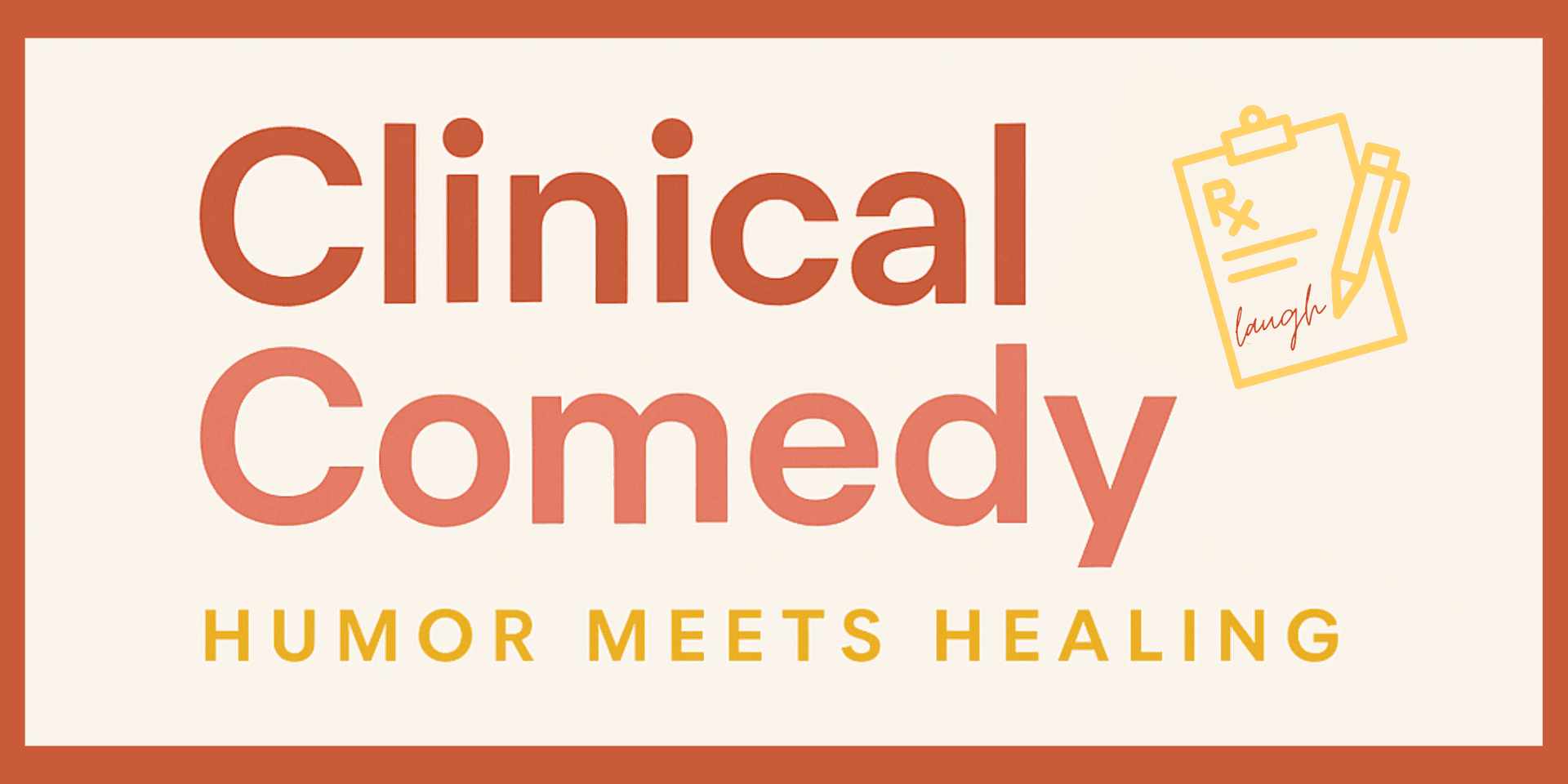The Rise of Therapeutic Stand-Up Comedy: A New Approach to Mental Health
The Emergence of Therapeutic Stand-Up Comedy
In recent years, mental health conversations have taken a significant turn towards innovative approaches. Among these, therapeutic stand-up comedy has emerged as an intriguing way to address mental health issues. By blending humor with therapy, this novel approach seeks to create a safe space for individuals to confront their struggles and foster healing through laughter.
Stand-up comedy, traditionally a form of entertainment, is now being harnessed as a tool for mental health therapy. Comedians, therapists, and mental health advocates are exploring how humor can offer relief from anxiety, depression, and other psychological challenges. This innovative blend serves as both a therapeutic outlet and a platform for raising awareness about mental health.

How Therapeutic Stand-Up Comedy Works
The concept of therapeutic stand-up comedy is rooted in the idea that laughter can be a powerful healing force. Humor therapy is not new, but its integration into stand-up comedy is a fresh take. During these sessions, comedians share personal stories and encourage audiences to reflect on their own experiences in a light-hearted manner.
Participants are invited to engage in the comedy routine, often sharing their own stories or thoughts. This interaction fosters a sense of community and solidarity among attendees. By addressing difficult topics in a humorous context, individuals may find it easier to open up and confront their issues.

The Benefits of Laughter in Therapy
Laughter has long been recognized as a natural stress reliever. It can lower levels of cortisol, the stress hormone, while increasing endorphins, which promote a sense of well-being. Through therapeutic stand-up comedy, individuals can experience these benefits in an environment that feels less clinical and more inviting than traditional therapy settings.
Some key benefits of incorporating humor into therapy include:
- Reduced anxiety and tension.
- Increased social connection and support.
- Improved mood and outlook on life.
- Enhanced ability to cope with difficult emotions.

Challenges and Considerations
Despite its potential benefits, therapeutic stand-up comedy is not without challenges. Not everyone processes humor in the same way, and what may be funny for one person could be triggering for another. It is crucial for comedians and therapists to be sensitive to their audience's needs and boundaries.
The success of this approach also relies heavily on the skill of the comedian or facilitator. They must balance humor with empathy and understanding, ensuring that participants feel safe and supported throughout the session.
The Future of Therapeutic Stand-Up Comedy
As awareness of mental health issues continues to grow, so does the search for diverse therapeutic options. Therapeutic stand-up comedy presents an exciting opportunity to reach individuals who might not otherwise engage with traditional mental health services. Its accessibility and relatability make it a promising addition to the landscape of mental health support.
Looking ahead, this approach may inspire further research and development in the field of humor therapy. As more professionals recognize the value of laughter in healing, therapeutic stand-up comedy could become a staple in holistic mental health care.

Conclusion
The rise of therapeutic stand-up comedy reflects a broader trend towards innovative mental health solutions. By integrating humor into therapy, this practice not only addresses psychological challenges but also nurtures community and connection. As this approach gains traction, it has the potential to transform how we view and treat mental health issues, one laugh at a time.
